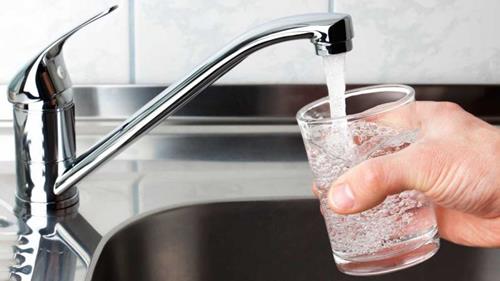How Safe is Mashhad
Mashhad is relatively safe compared to other metropolises of the world. However, as in any other places in the world, commonsense precautions should always be taken.
Some common sense safety tips are: always notify someone of your plans when going out; never leave your valuables unattended anywhere and at anytime; do not take rides or accept invitations of strangers no matter how kind they appear; do not travel alone late at night, especially out of the city; and do not flash around a lot of money.
However, take note that parks are never closed and it is very common for groups of women or families to picnic in the parks throughout the night; enjoying hot tea, fruits, nuts and seeds, and hot homemade meals. The areas around the Holy Shrine are usually alive at all hours of the day and night. In fact, this area never sleeps and the Holy Shrine welcomes its devout pilgrims 24/7.
As far as water safety, the local tap water is 100% drinkable and safe to shower in, brush your teeth with, wash your dishes with, and so on. However, outside of the city limits, it is questionable because the area many not be hooked up to the city water and instead may use tanker water.













